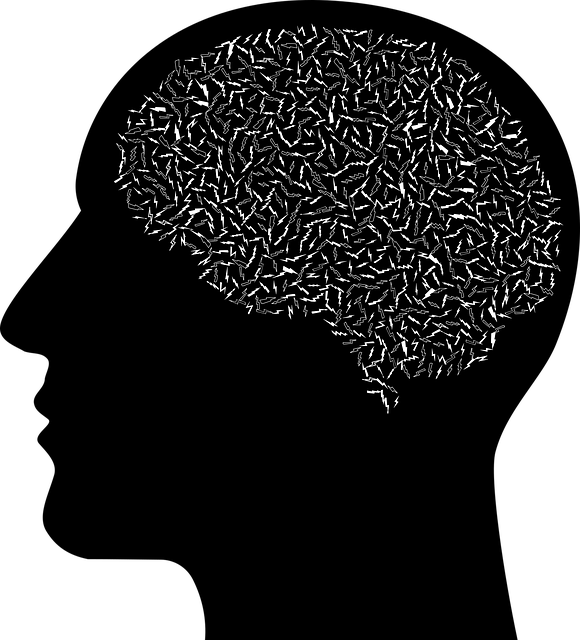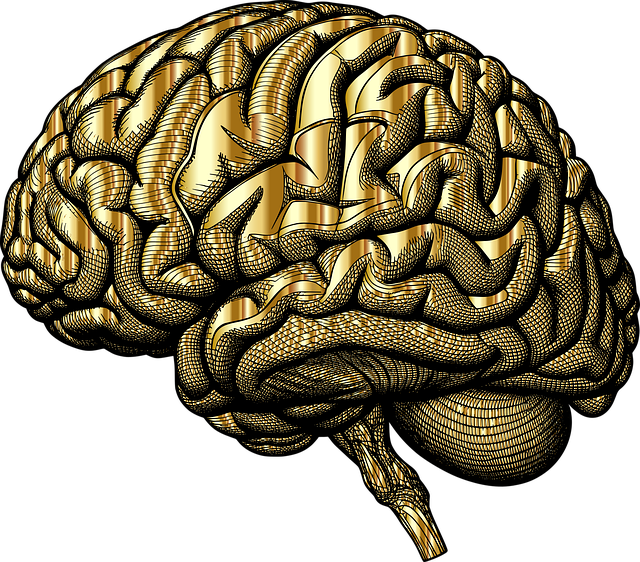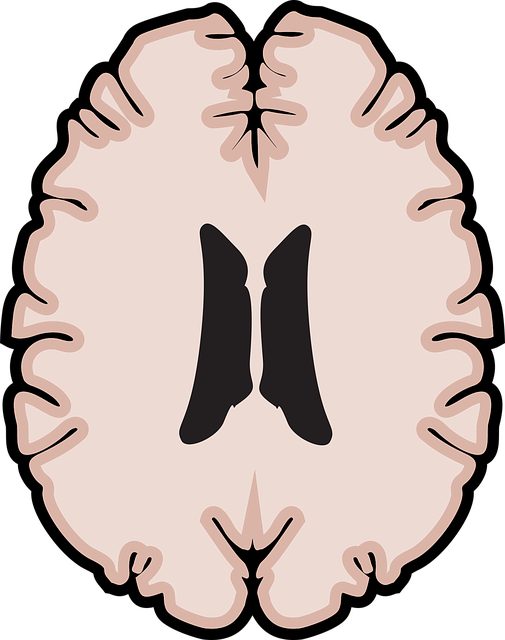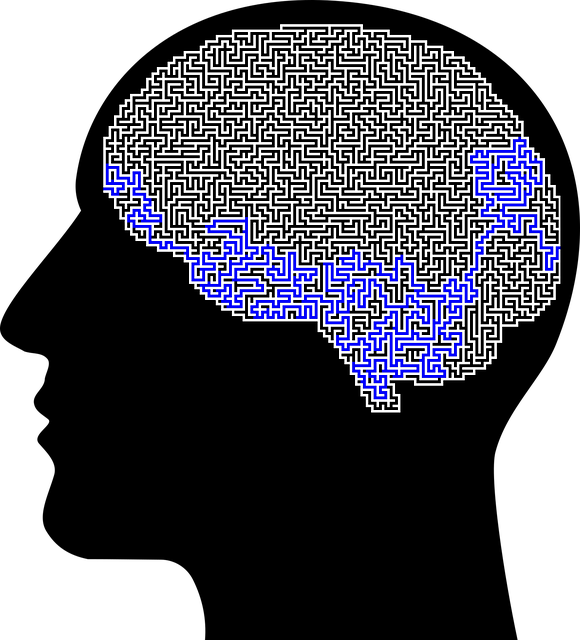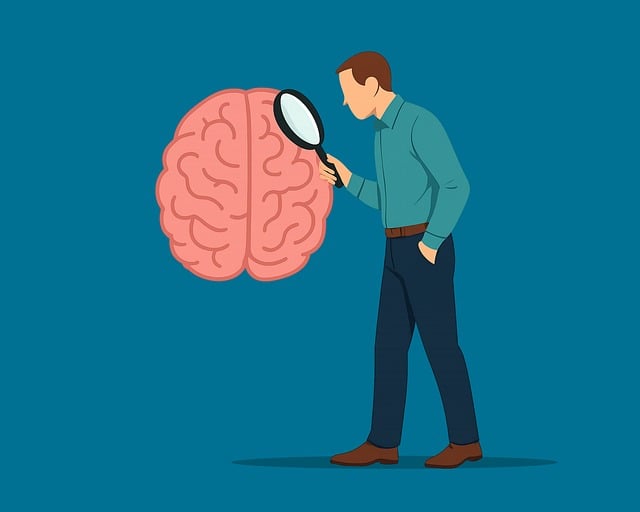Mood regulation through therapy is vital for young adults dealing with sexual addiction, offering tools like cognitive-behavioral techniques, mindfulness meditation and compassion cultivation. These approaches aim to break unhealthy coping mechanisms by challenging negative thought patterns, fostering self-compassion, and teaching stress management skills. By addressing emotional dysregulation, these holistic strategies promote lasting recovery and enhanced well-being for young adults grappling with sexual addiction.
Mood regulation strategies are essential tools for young adults navigating sexual addiction. This comprehensive guide delves into effective therapeutic approaches, offering a holistic view of well-being. We explore cognitive-behavioral techniques proven to manage sexual addiction, emphasizing their role in fostering healthy behaviors. Additionally, we present alternative methods that enhance overall mental health and prevent relapse, providing valuable insights for those seeking recovery. Understanding the root causes is key; thus, this article aims to guide young adults toward a balanced emotional state.
- Understanding Mood Regulation: The Root of Healthy Behavior
- Cognitive-Behavioral Techniques for Managing Sexual Addiction
- Holistic Approaches to Enhance Well-being and Prevent Relapse
Understanding Mood Regulation: The Root of Healthy Behavior

Understanding Mood regulation is a cornerstone of healthy behavior and overall well-being, especially for young adults navigating complex emotions and life challenges. For those struggling with issues like sexual addiction, effective mood regulation strategies become essential tools in therapy. By learning to recognize and manage their emotional states, individuals can break free from unhealthy coping mechanisms and engage in more adaptive behaviors.
This process involves developing coping skills, such as mindfulness and stress management techniques, which empower young adults to navigate intense feelings without resorting to addictive behaviors. Additionally, communication strategies play a vital role in fostering healthy relationships and seeking support when needed. Mental health policy analysis and advocacy also contribute by ensuring accessible resources and services for effective therapy and long-term recovery, addressing the root causes of emotional dysregulation.
Cognitive-Behavioral Techniques for Managing Sexual Addiction

Cognitive-behavioral techniques have proven highly effective in managing sexual addiction among young adults. This form of therapy focuses on identifying and changing negative thought patterns and behaviors that contribute to compulsive sexual behavior. By fostering self-awareness exercises, individuals can gain insights into their triggers and develop strategies for stress reduction methods and anxiety relief. Through these cognitive-behavioral interventions, those struggling with sexual addiction can learn to regulate their moods and make healthier choices.
In therapy for young adults with sexual addiction, professionals help clients challenge distorted beliefs and replace them with more realistic, positive thoughts. This process involves learning coping skills to manage urges and develop a stronger sense of self-control. By integrating these strategies into daily life, individuals can navigate their emotions more effectively and reduce the likelihood of relapse, leading to improved overall well-being.
Holistic Approaches to Enhance Well-being and Prevent Relapse

In the context of therapy for young adults with sexual addiction, holistic approaches have emerged as powerful tools to enhance well-being and prevent relapse. Beyond traditional therapeutic methods, incorporating practices like mindfulness meditation and compassion cultivation can offer profound benefits. Mindfulness helps individuals cultivate present-moment awareness, enabling them to recognize and manage impulsive behaviors. By focusing on the breath and observing thoughts without judgment, one can develop a deeper connection with their emotions, thereby fostering self-regulation.
Additionally, compassion cultivation practices encourage individuals to cultivate self-compassion and kindness towards others, which can help reduce mental illness stigma. This, in turn, creates a supportive environment where young adults feel empowered to seek help and openly discuss their struggles. Such holistic strategies not only address the symptoms of sexual addiction but also promote overall mental health and resilience, contributing to lasting recovery.
Mood regulation is a powerful tool for anyone struggling with sexual addiction. By understanding the root causes and employing strategies like cognitive-behavioral techniques and holistic approaches, young adults can enhance their well-being and prevent relapse. If you or someone you know is dealing with sexual addiction, remember that professional help is available through specialized therapy programs tailored to meet individual needs.

